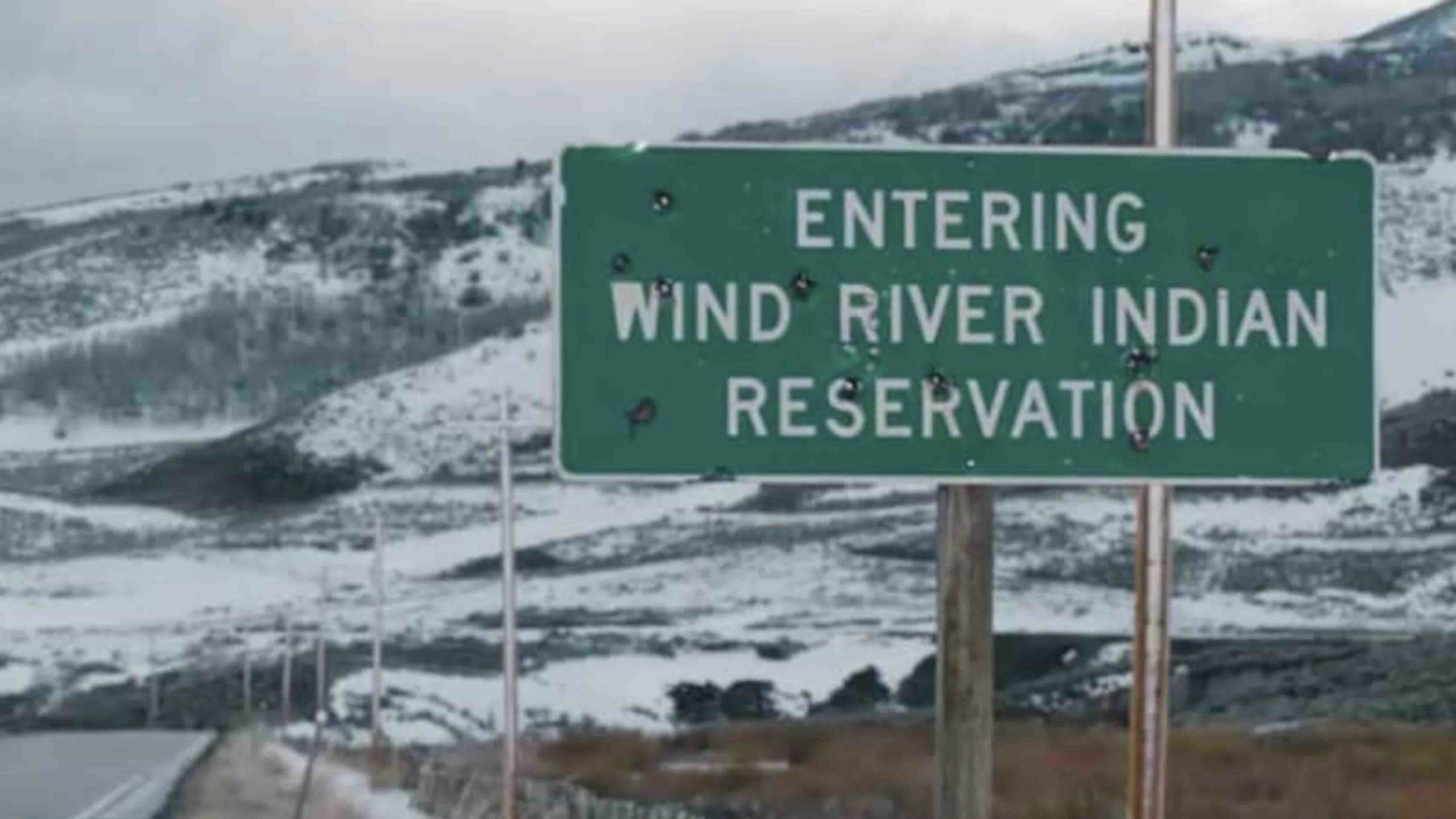A jury on Friday ruled that the Northern Arapaho Tribe’s former lawyers didn’t steal tribal funds through improper billing.
The verdict following a civil trial held in Fremont County District Court last week concludes a three-year lawsuit. The tribe had accused Lander-based law firm Baldwin, Crocker and Rudd (BCR) of billing wrongfully for $5.5 million in legal services in their 30-year tenure with the tribe.
But the jury, which reviewed documents and testimony for nearly five days, disagreed with the tribe’s claim and dismissed it late Friday.
There were more accusations when the lawsuit was filed in 2019, namely, the Northern Arapaho Tribe claimed that BCR withheld $1 million in tribal trust funding and refused to return the tribe’s documents when the tribe chose to switch to a different law firm.
In the summer of 2019 the tribe fired BCR and hired attorneys from Atlanta-based firm Kilpatrick, Townsend and Stockton. When the tribe made the switch, a faction of its executive governing panel, the Northern Arapaho Business Council (NABC), voted to file suit over what it claimed were missing funds and documents.
Those voting for the lawsuit at the time were Business Council members Kim Harjo, Clarinda Calling Thunder, Stephen Fasthorse, and Chairman Lee Spoonhunter. Those who didn’t sign onto the lawsuit were former members Sam Dresser and Anthony “Al” Addison. Calling Thunder also no longer serves on the council.
Judge Thomas Campbell in 2020 dismissed the claim that the $1 million trust funds were missing, saying there was no way that accusation could have been true when it was made.
BCR had wired the money back to the tribe June 12, 2019, five days after the firm was told to do so. The tribe filed the lawsuit over the “missing” funds 47 days later, according to court filings.
Campbell ruled in July 2020 that BCR could not countersue the tribe because it had not waived its sovereignty, and was therefore immune from being sued.
Campbell on June 24 dismissed the tribe’s claim that BCR was still withholding tribal documents, but he allowed the allegation of civil theft – essentially, the claim that BCR overcharged the tribe – go on to the trial, saying there were still “genuine issues” that needed weighed by a jury.
‘Knew What They Were Paying For’
The one remaining civil allegation against BCR was “conversion,” or civil theft.
“Conversion means you did not have the authority to take something,” said BCR’s trial attorney Scott Ortiz during his closing statement Friday. “But everything was reviewed, approved, discussed with the (Business) Council. They knew what they were paying for.”
There had been testimony throughout the week that BCR dipped into the tribe’s trust funds as much as the law firm wanted to – a claim that Ortiz countered by establishing that the Business Council had to sign off on the tribe’s expenditures.
“I subpoenaed employees of the Northern Arapaho Tribe,” continued Ortiz. “I put them in a tough spot, because I was told they’re honest people, they’re going to tell the truth about what went on.”
One of the witnesses was Dave Clark, former chief financial officer for the Northern Arapaho Tribe.
When pressed by Ortiz, Clark admitted on the stand he had personal knowledge of the money being transferred back to the tribe. Clark was “surprised and saddened” when he learned that the Business Council had sued BCR for the $1 million in funds.
“I could see a big mushroom cloud on the horizon because of the allegations,” Clark said. “It was my personal and professional belief that there are better ways to get out of a situation than to carry out a public trial on somebody’s reputation.”
The tribe’s new attorneys at Kilpatrick, Townsend and Stockton, who have since gotten new jobs at Jenner and Block but still serve the tribe, charge, often, more than triple per hour what BCR had charged the tribe during its employment, Ortiz noted.
Ortiz in his closing statements conceded that BCR could have been “more clear” about numerous legal services for which they’d billed the tribe about $5.5 million.
“Lawyers can always be more clear about what they write down,” said Ortiz, who then asked the jury to consider the ramifications of a civil theft liability finding.
“(The tribe is) asking you to bankrupt and obliterate a local law firm because somebody from Chicago told you they don’t like the forms of the bill.”
The witness from Chicago was Daniel Costello, who called into question what appeared to him as excess billing by BCR.
Matt Benson, spokesman for the Northern Arapaho Business Council, did not return a Monday morning voicemail requesting comment by publication time.
‘More Likely Than Unlikely’
Lucas Buckley, the tribe’s attorney in the trial, argued during his closing statement that the evidence of civil theft tipped slightly in the tribe’s favor, which in civil court is enough to find a defendant liable for the charge.
“The tribe has shown that it is more likely than unlikely that the tribe is due these funds back,” said Buckley, adding “The tribe had possession of the funds, a right to possess them at the time of this conversion.”
Buckley insisted that BCR took liberties with their position as long-term legal counsel and transferred funds from the tribe’s trust account despite inadequate explanations of bills.
“These trust funds were transferred – and the trust fund belonged to the tribe,” he said.
The jury returned its verdict acquitting BCR of the civil accusation about two hours after closing statements.





